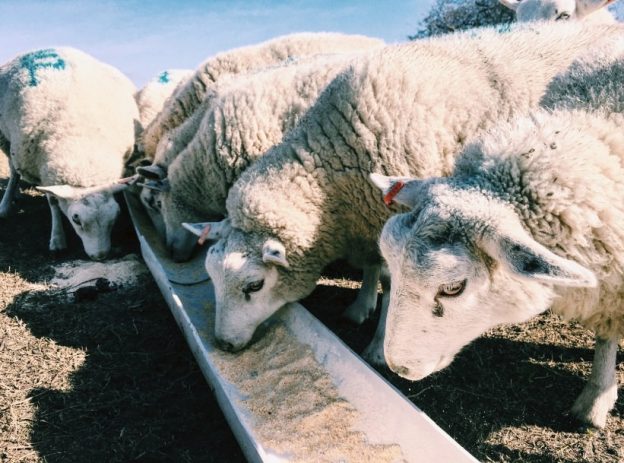The farming industry has had to evolve over time to keep pace with population growth. Luckily, there have been many innovations to help it to grow. One of the most significant is the development of wormer (anthelmintics). These essential products are vital for managing internal parasites in cattle, sheep, and other animals.
Intensive farming is one of the most important ways to boost food production. However, before the development of wormers, it was very difficult to raise large numbers of livestock. Trying to do so led to serious issues as the density would allow high infestations of parasites. In turn they would cause big production losses and even animal deaths.
Mid 20th century
The middle of the last century was one of the most pivotal times for intensive farming in the world. Many countries began doing it in the 50s and 60s, including the UK, US, and other industrialised nations. The idea was to secure their own food production to support the growing populations. It also helped to reduce reliance on foreign imports.
The development of wormer was crucial here. It meant farmers had ways to tackle parasites while boosting the number of animals. Using disinfectants, vaccines, and antimicrobials was also helpful. Not surprisingly, by 2005 intensive farming was responsible for 40% of global meat supply.
Consequence
However, there have been some consequences of using wormers too flippantly. It was found that in time parasites can develop resistance to different products. The trait is then passed on genetically. So, the threat is that there will eventually be a situation where there is no longer a way to effectively treat worm loads. This is already proving to be a reality in various parts of the world.
What to do?
The solution is to use wormer carefully to retain the effectiveness. One way to do this is to rely on testing. Faecal egg counts before and after application can determine how effective a treatment is. If it isn’t 90% or more, something needs to change. This includes the type of product you are using or specifics like application method.
One of the most important things to do is think about worming if it has been warm and humid. These conditions are ideal for parasite larvae. It means more eggs in faeces will hatch and get on to grass. They are then likely to be ingested by animals. In turn they will grow and reproduce, continuing the cycle.
Talk to us about wormer
JS Hubbuck Ltd knows how hard farmers have to work to raise livestock. We also appreciate the number of threats to their herds, including parasites and disease. The right management practices are really important here to reduce risk and improve animal health and wellbeing.
Wormer is a very useful tool, but you shouldn’t use it too frequently. More importantly, you should ensure you apply it correctly to ensure doses are as accurate as possible. Plus, you need to change products regularly so you don’t rely on specific active ingredients too much.
If you need wormers or advice about using them, you can rely on us. Get in touch and talk to our knowledgeable team.

